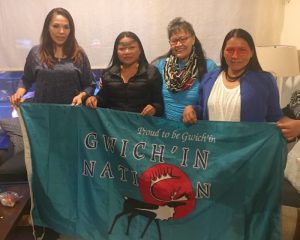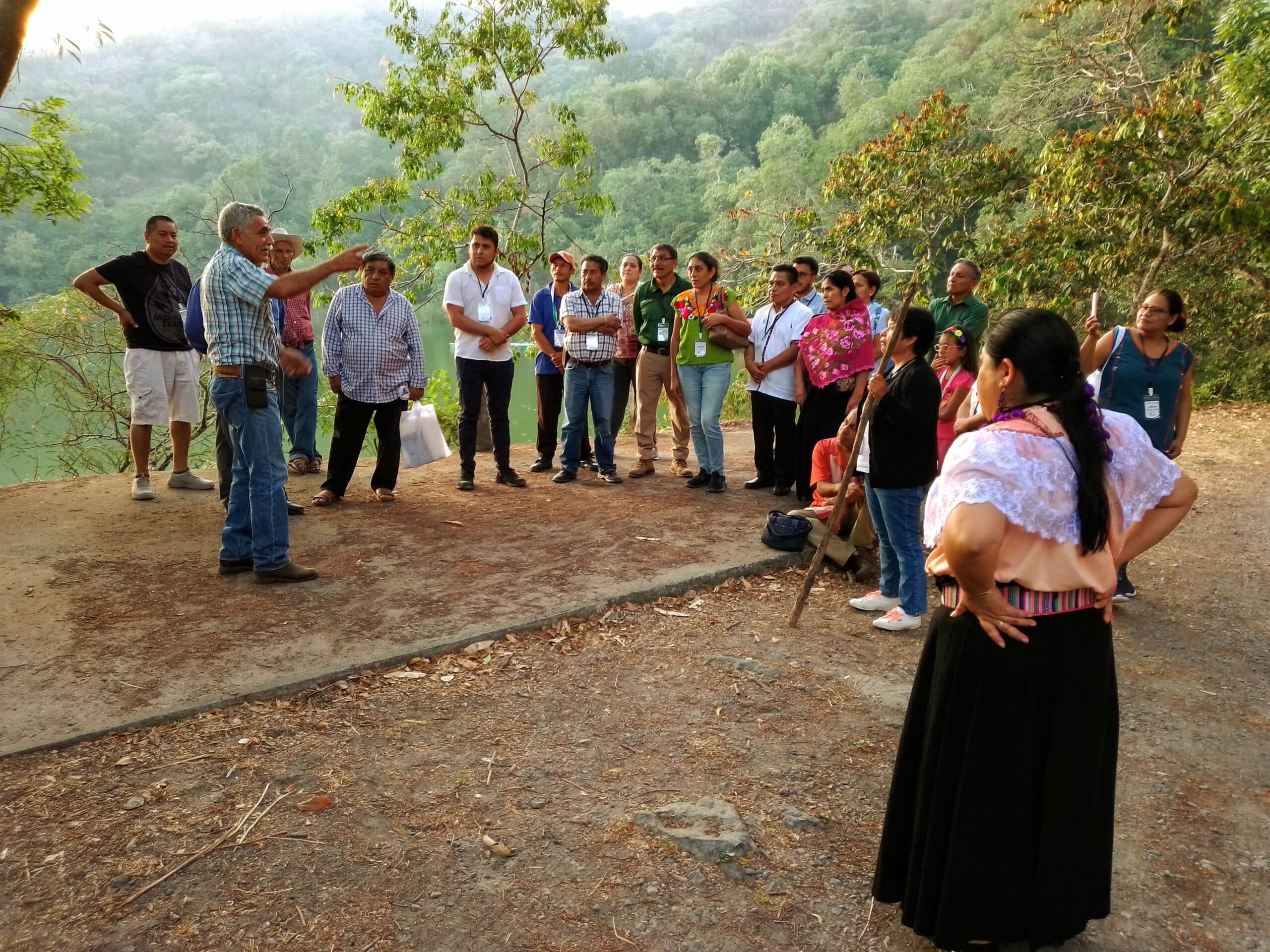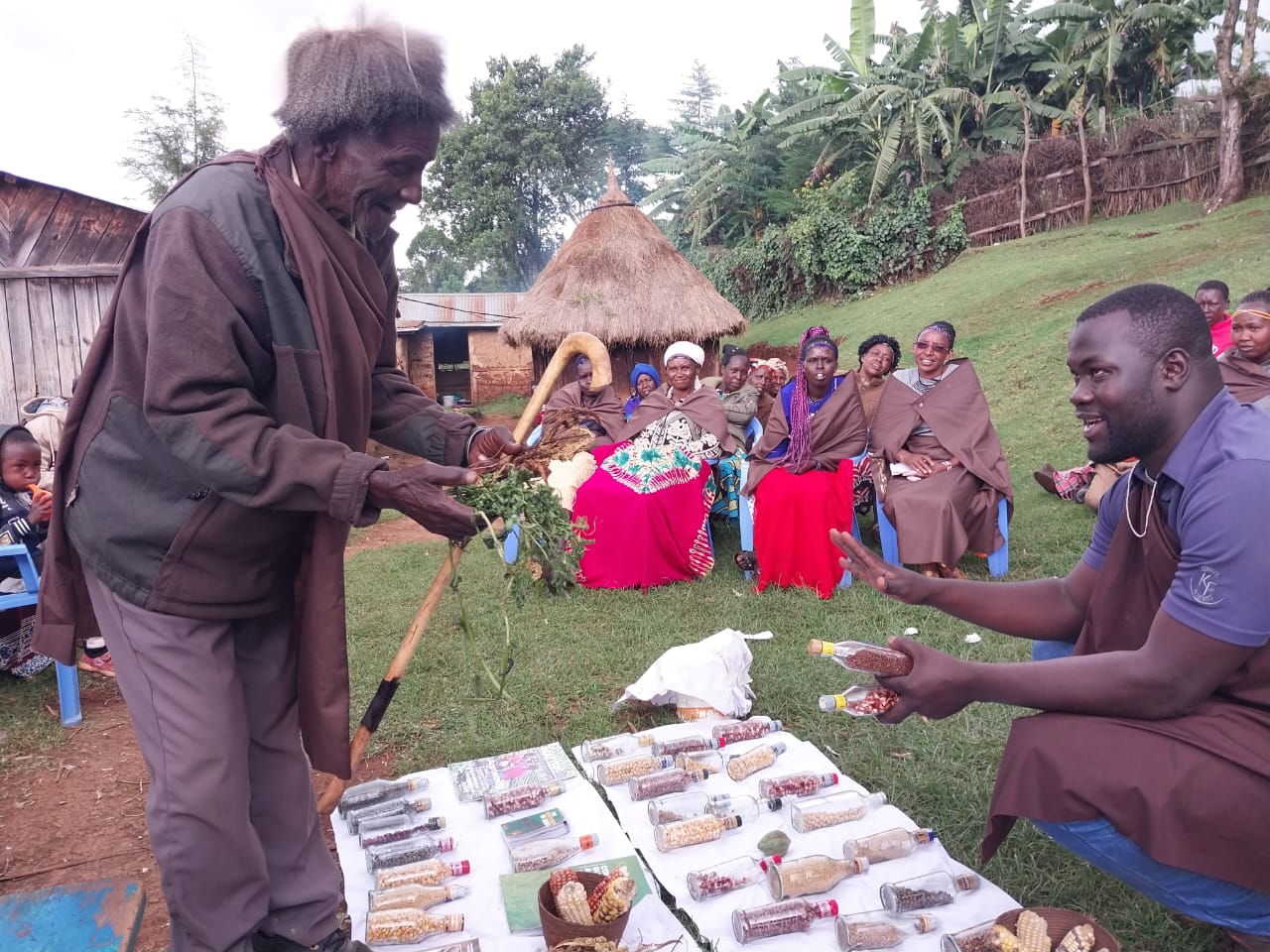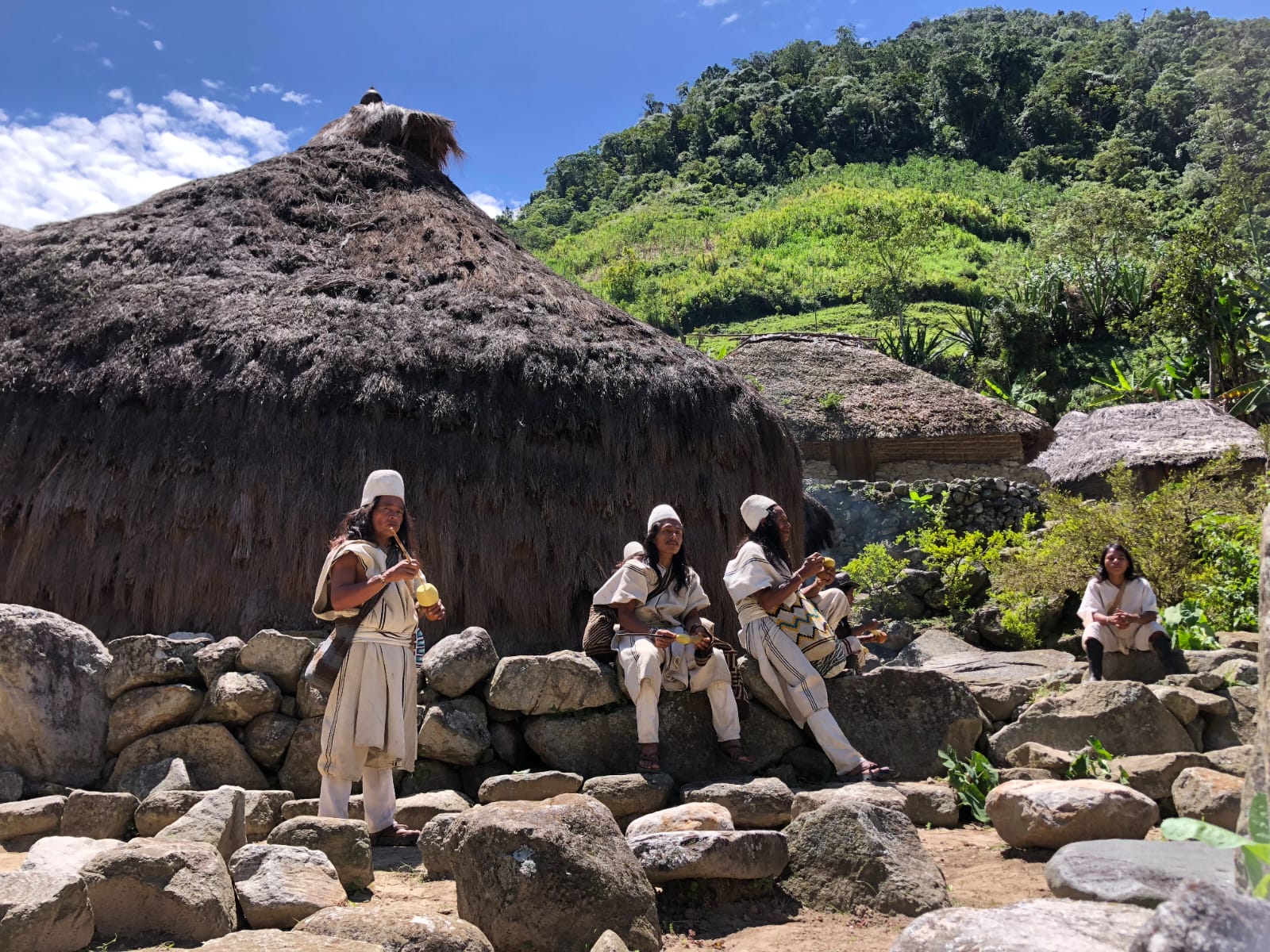Last week, Land is Life convened Indigenous women leaders from the Arctic and Amazon at the 17th Session of the United Nations Permanent Forum on Indigenous Issues (UNPFII) to raise awareness about the threat of oil exploration to their lands, cultures and livelihoods. Gwich’in leaders from Alaska and Canada raised awareness on their shared fight against new efforts to open the Arctic National Wildlife Refuge to oil exploration, threatening their traditional lifestyle, specifically the calving grounds of the Porcupine caribou herd. Leaders from the Ecuadorian Amazon discussed their experiences working together across communities to defend their collective territory against oil developments. Together, we hosted an official side event and a panel discussion at New York University, sharing their message, connecting with new allies and building solidarity with other Indigenous Peoples and organizations from across the globe.
“It was an honor to stand with our sisters from Ecuador and to learn about the issues they are facing. I look forward to working in solidarity as Indigenous women leading this fight to protect our territories, rights and ways of life.”
– Bernadette Demientieff, Executive Director, Gwich’in Steering Committee
This proved to be a timely event, as news broke the Trump Administration issued a Notice of Intent (NOI) to initiate the environmental review process for oil and gas leasing on the Coastal Plain of the Arctic National Wildlife Refuge. Gwich’in Steering Committee leaders Bernadette Demientieff (Executive Director) and Lorraine Netro (board member) brought the voice of the Gwich’in Nation to the UN, officially calling on the United States and Canadian governments to uphold their human rights, land rights and food sovereignty by protecting their ancestral homelands.
“As this unfortunate news came out, it was a very important time to be at the United Nations with our brothers and sisters from around the globe, sharing in our common efforts to protect our ancestral homelands.”
– Lorraine Netro, Board Member, Gwich’in Steering Committee
During this first stage of the leasing process, there will be a 60-day public comment period that will provide the first opportunity to emphasize that no oil and gas development activities should be allowed on the Coastal Plain, and to draw attention to the rushed process while reinforcing the values of the Refuge.
While the Gwich’in discussed their efforts to protect their land amidst new threats, the President of the Kichwa community of Sarayaku in Ecuador, Mirian Cisneros, presented and promoted their community’s Indigenous-led conservation plan—Kawsak Sacha (living forest)—to collectively manage their territory and resources, as highlighted in a recent New York Times piece.
Together, they have demonstrated that from the Arctic to the Amazon, Indigenous women are leading the fight to protect their lands and way of life.




